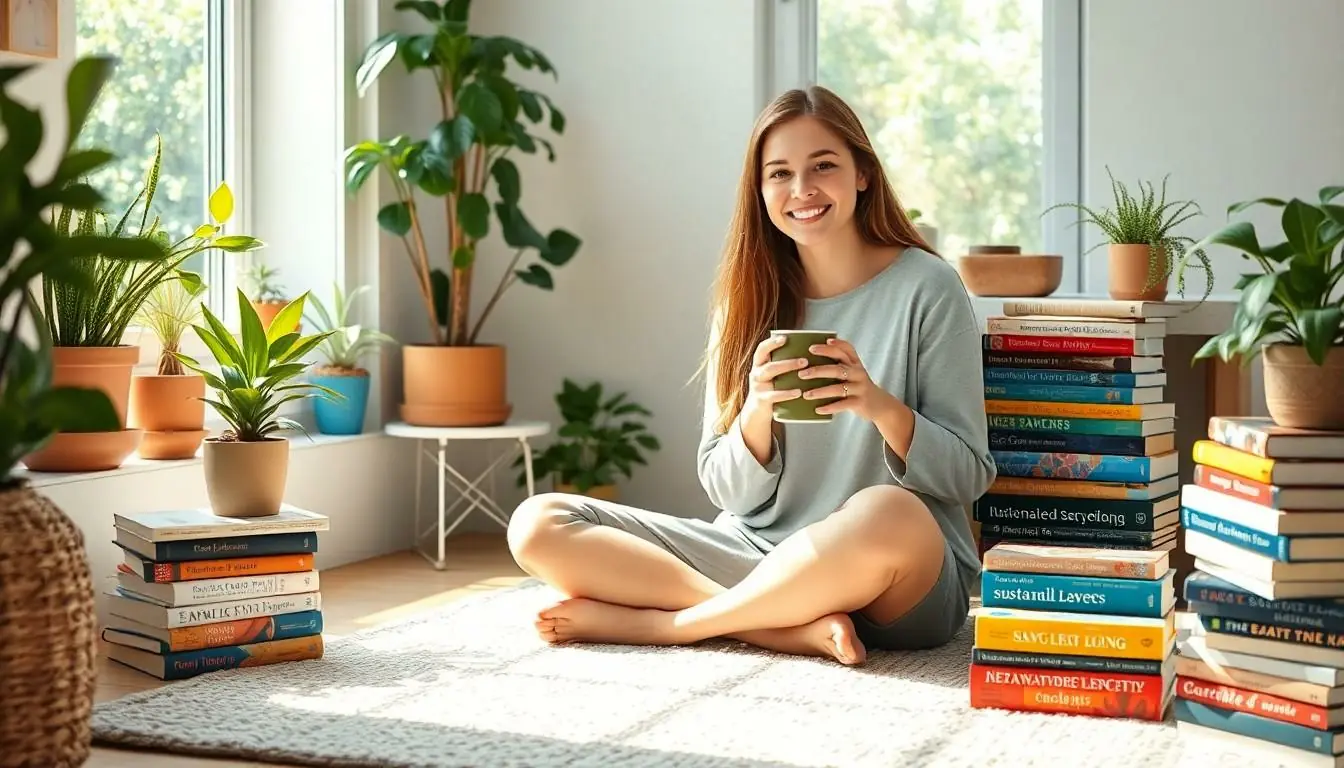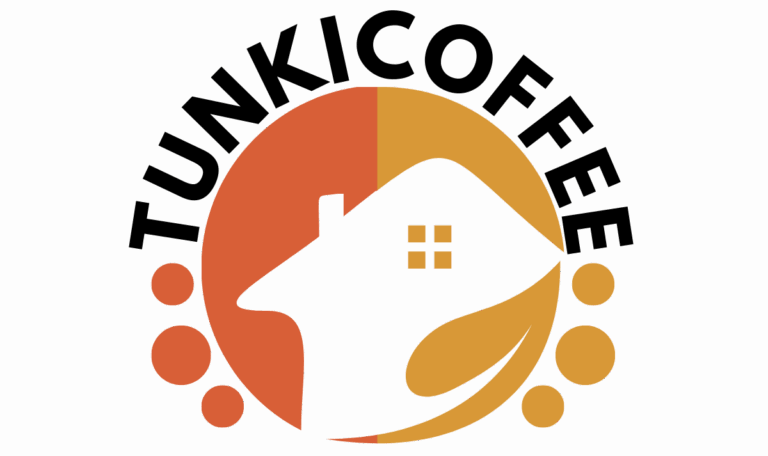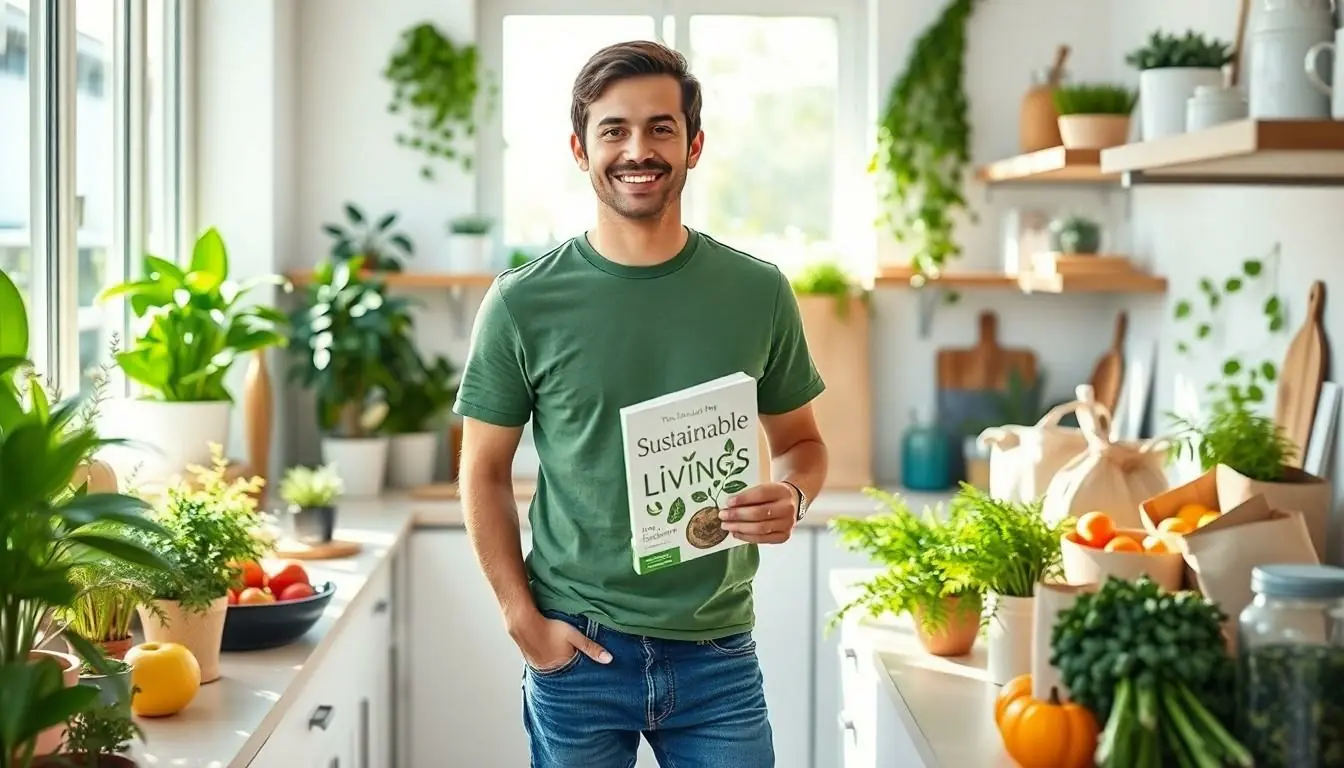In a world where plastic seems to outnumber people, sustainable living books are the trusty sidekicks everyone needs. They offer not just tips but a roadmap to a greener lifestyle that’ll make Mother Nature proud. Whether it’s transforming your kitchen into a zero-waste haven or learning how to grow your own veggies without turning your backyard into a jungle, these books have got it covered.
Table of Contents
ToggleOverview of Sustainable Living Books
Sustainable living books play a crucial role in encouraging eco-friendly practices. These resources provide clear strategies for individuals seeking to lead greener lives.
Importance of Sustainable Living
Sustainable living is essential for protecting the planet’s resources. It promotes awareness of climate change and environmental degradation. Incorporating sustainable practices can reduce one’s carbon footprint significantly. Many individuals turn to books as guides for making impactful lifestyle changes. By understanding the impact of daily choices, readers become better equipped to foster a more sustainable future. These books often cover topics such as minimalism, conservation, and ethical consumption, making them important tools for anyone looking to contribute positively to society.
Benefits of Reading Sustainable Living Books
Reading sustainable living books offers numerous advantages. First, these resources inspire practical changes within households. Many books provide actionable advice on waste reduction and energy efficiency. They often include success stories from other readers, offering motivation and accountability. Gaining insight into sustainable agriculture methods can lead to more informed food choices. Accessing knowledge about eco-friendly products equips individuals to make smarter purchases. Overall, exploring these books cultivates a deeper understanding of environmental issues while promoting a proactive approach to sustainability.
Recommended Sustainable Living Books

Sustainable living books offer valuable insights for anyone looking to adopt eco-friendly practices. These resources guide readers through various aspects of creating a greener lifestyle.
Top Picks for Beginners
Beginners benefit from accessible introductions to sustainable living. “Zero Waste Home” by Bea Johnson provides practical tips on reducing household waste. “The Minimalist Home” by Joshua Becker simplifies decluttering and encourages mindful consumption. “How to Be a Vegan” by Holly White offers beginner-friendly recipes and lifestyle changes that promote plant-based eating. Each book delivers easy steps to start a sustainable journey without overwhelming newcomers.
Essential Reads for Advanced Readers
Advanced readers explore deeper themes in sustainable living through comprehensive texts. “Braiding Sweetgrass” by Robin Wall Kimmerer combines indigenous wisdom with environmental science, emphasizing the relationship between humans and nature. “This Changes Everything” by Naomi Klein critiques capitalism’s impact on climate change and advocates for systemic change. “The Overstory” by Richard Powers intertwines fiction with environmental conservation, illustrating human connection to trees and forests. These books challenge established norms and inspire profound action in sustainability efforts.
Themes and Topics in Sustainable Living Books
Sustainable living books cover a range of important themes that guide individuals towards eco-friendly practices. They serve as essential resources that not only inspire action but also educate on various sustainable concepts.
Zero Waste Lifestyle
The zero waste lifestyle emphasizes reducing waste to the absolute minimum. Books focusing on this topic provide practical tips for everyday living. They cover strategies such as using reusable bags, containers, and utensils. Authors often share insights on recycling and composting, highlighting the importance of proper waste management. Readers learn how small changes can lead to significant reductions in landfill contributions. By promoting mindful consumption, these books encourage individuals to rethink their purchasing habits. The discussion around the zero waste philosophy creates awareness about environmental footprints and inspires a circular economy.
Organic Gardening Techniques
Organic gardening techniques promote sustainable food production without synthetic chemicals. Books on this subject equip readers with knowledge on soil health and biodiversity. They often include information about companion planting and crop rotation. Practical step-by-step guides empower individuals to cultivate their own gardens. Literature in this area underscores the benefits of local ecosystems and pollinators. Additionally, readers discover ways to grow organic vegetables and herbs, fostering a direct connection to food sources. This approach to gardening encourages sustainable practices, reducing reliance on industrial agriculture. Sharing personal stories of successful gardens often motivates others to start their own organic gardening journey.
Authors Who Advocate for Sustainable Living
Numerous authors have made significant contributions to the field of sustainable living, providing insights that inspire individuals to adopt eco-friendly practices.
Influential Voices in the Movement
Bea Johnson stands as a pioneer in the zero waste lifestyle. Her book “Zero Waste Home” offers practical strategies for reducing household waste. Joshua Becker has captured attention with “The Minimalist Home,” which emphasizes living with less. Marie Kondo, known for her tidying methods, promotes mindfulness through her approach to possessions. Naomi Klein’s “This Changes Everything” challenges conventional thinking about economic models and environmental impact. Their works foster awareness and motivate individuals to make impactful lifestyle changes.
Emerging Authors to Watch
Several emerging voices are gaining traction in the sustainable living community. For instance, Leah Thomas advocates for intersectional environmentalism in her book “Green Girls.” Another noteworthy author, Alice Waters, focuses on sustainable food practices and local farming in “The Art of Simple Food.” Furthermore, Ayisha Siddiqa explores sustainable fashion in her writings, emphasizing ethical consumption. These authors offer fresh perspectives on sustainability, urging readers to examine their lifestyle choices and adopt more responsible habits.
Sustainable living books serve as essential tools for anyone looking to embrace a greener lifestyle. They not only provide practical advice but also inspire individuals to reflect on their consumption habits and environmental impact. By engaging with these resources, readers can gain the knowledge needed to implement meaningful changes in their lives.
The diverse range of authors and topics ensures there’s something for everyone, from beginners to seasoned eco-warriors. Each book offers unique insights into reducing waste, practicing minimalism, and fostering a deeper connection with nature. As more people turn to these guides, the collective effort toward sustainability grows stronger, paving the way for a healthier planet.







